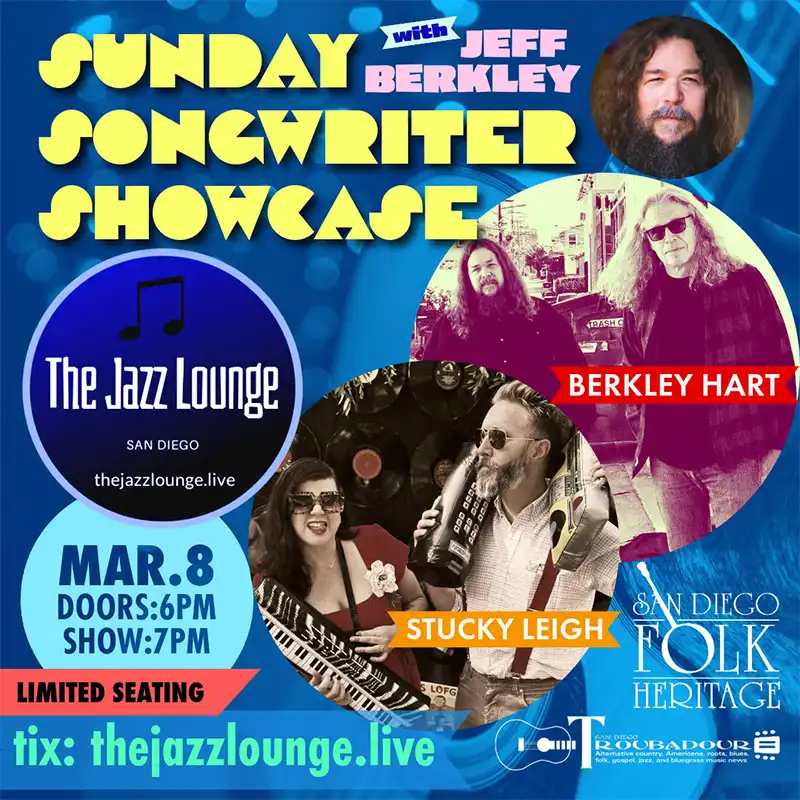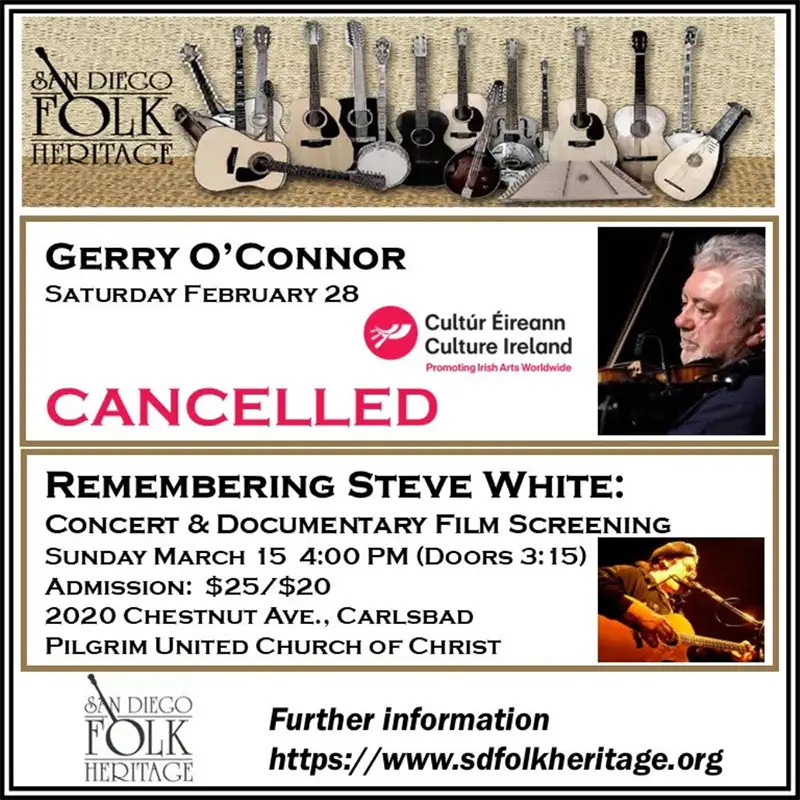Unsolicited Advice
Can You See Delight?
There are more things in Heaven and Earth, Horatio, than are dreamt of in your philosophy.

Shakespeare has Hamlet say this when his practical friend denies the possibility of ghosts, which Hamlet, Horatio, and we, the audience, can plainly see.
This quote resurfaced in my mind because my son is reading Hamlet in high school right now. I spent most of my time in college with my nose in one or another of Shakespeare’s plays. In fact, college in general has been on my mind a lot lately, as my son—my oldest child—gets ready to take that next step. I am not curled on the ground in a ball of sobby primal denial, you are curled on the ground in a ball of sobby primal denial.
As someone who has been at least partially entangled with academia for most of his adult life, I have some surprisingly mixed feelings about the value of college. Don’t get me wrong, the opportunity to pursue knowledge for knowledge’s sake is priceless—its own reward—and marks maybe the only real measure of a civilization’s worth.
On the flip side, we’ve created a weird system that reinforces the necessity of college while simultaneously making the experience arcane and irrelevant for a larger and larger swath of the population. Which is it, world—do we all need it, or are only a select few really “worth” what’s going on there?
I’ve been thinking about all this because of my own weird undergraduate major. As hinted above, I was a literature major. I always felt odd about this—like it’s not productive or practical or masculine enough. All the “real” dudes were in accounting and business and engineering. If you were in the arts, you were suspiciously soft and indulgent. You had a ponytail even if you didn’t have a ponytail—a Scarlet Manbun.
I didn’t mean to end up as an English major. If anything, I would have preferred music or one of the sciences. It was just something I’d always been good at, and when it came time to choose a major, it somehow seemed inevitable—a decision almost certainly fueled by self-doubt and family dynamics. Plus, the English profs were the certified bad asses in our university—the punk-rock motorcycle-riding novel-penning #DGAFs who had been influenced by Kerouac and Hemingway and Bukowski, and if somehow I ended up as a writer or even as an English professor somewhere, that didn’t seem like such a bad life to my (way-too-) young self.
In the end, I was the outlying English major who actually used his degree. I worked as a writer and book editor and eventually ended up in New York writing ads. I had the odd circumstance of writing being my “day job” while I played music at night.
Still, I always felt odd about that major. Until recently.
My son’s college search has led me to understand and value something about my undergraduate education that I’ve never quite crystalized before.
Most majors are viewed as functional investments—training and preparation for future earning potential. And there is something to be said for that, of course, provided you actually do pursue the career you major or train in. The statistics around this latter provision are not compelling—or ,rather, are compelling in the exact opposite direction: only about a quarter of all people work in a field related to their college major. Yet we still generally view our college education through that lens.
But arts majors are different. We are the only ones whose education is fundamentally built around delight. The feeling of stumbling across a sentence or image so perfectly formed and wondrous-strange that it changes your understanding of some aspect of the world from then on…it’s very hard to describe the dopamine kick this contains. It’s like a synaptic orgasm. We see the ghost!
Some of my clearest memories of college are of a friend running up to find me to share this perfect line she’d found—“Dreams have only one owner at a time. That’s why dreamers are lonely”—to the point where life became an existential treasure hunt for the perfectly expressed idea. That is not the worst way to live for a while.
The fact that the pursuit of this delight is not transactional—“enjoy this now for a salary of X dollars later”—makes it even more powerful. It’s like finding a secret portal to a parallel universe that no one knows about, and it’s filled with awe and wisdom, and then you find out that (cue spooky music) it’s our own world!
This changes your worldview forever, even if (or when) you leave the arts.
Unlike most majors (unless you remain in your majored field), the benefits of an arts education are permanent. You come to see all work as craft—you are willing to be amazed, which is a very different mindset from the expectation of service. You rarely forget that the things you use and do and own and need are all made by people. There is very little downside to this lack of dehumanization. All our interactions then become conversations of one kind or another.
We all train for the “work” part of our later careers. But then as a culture, we tend to cheapen the concept of “craft.” If we mention it at all, it is to apply it as a (com-)modifier to hamburgers and root beer. We quickly forget that there are more things in Heaven and Earth than are dreamt of in our (practical) philosophy.
I always say, barely facetiously, that my kink is other people’s original work (art, music, poetry, literature, or anything else). I love the products of your mind.
As an East Coaster, I grew up in a time and place when opinions were solicited and traded like natural resources. They were our social handshakes. For better or worse, both because of political climate and regional customs, people’s relationship to opinions feels different here and now. People either wield them as a weapon, or hold them, unexpressed, like a shield.
As a result, art is the only remaining bastion of authentic self-expression. This is where people’s internal landscape becomes (same spooky music) our own world! This is unique and important, and I never want to imagine a world without access to it.
People often assume, when you’re an artist, that you do it to be famous. This is not true, or at least not for most. There are better ways to get rich, famous, or socially accepted.
We create art 1) Because we can’t not, and also 2) Because we are chasing that mind-gasm in others, that wondrous-strange, that lightbulb moment where something ignites the fire in someone’s interior landscape that changes them forever. Those moments where it’s just a person and an idea they’d never considered…this is the ultimate intimacy. People honor us, the receivers, when they share those secret universes with us, just as we, the creators, are honored when that “handshake” is accepted.
We live in a world infinitely larger than we are. Arts majors alone are privileged, for those few formative years, to get to experience that world as a series of friendly ghosts; to see delight. It is the only time we have the chance to pursue this worldview in a present-tense, non-transactional context, and I’ve come to think of it as the most important job of any educational process.
A parent-friend once said, “People without kids don’t realize the multiple moments of pure joy we feel every day.” This is true, and typing it definitely didn’t send me back into that floor-dwelling ugly-crying denial ball. But appreciating art for its own sake comes pretty close. It doesn’t run to the soggy like parental love does. But it gives you the rare opportunity to experience reality, for a short time, as a series of wonders.
So, my unsolicited advice this month is this: remember that every interaction or transaction is an encounter with someone’s elegant mind. It’s an intimate moment with the truest parts of their humanity. Value craft, and encourage your children to pursue awe, before they apply it to whatever field they eventually end up in. It will make their world better and, in turn, will lead them to make our world better. The rewards are self-contained and can never be taken away by recession, war, divorce, poverty, pandemics, politics, career, geography, or circumstance. It’s the ultimate savings account—“saving” in the truest sense. It’s the major (within college or without it) with the greatest return.
Whatever your children do—college, trade school, barista, private business, international espionage, intra-family swordfight-to-the-death—encourage them to embrace the wondrous-strange. Help them see delight. We need it now more than ever.
Now if you’ll excuse me, I have some ugly-crying to get back to.
Is there something I should offer unsolicited advice about in future columns? Shoot me a line via the contact form at joshweinstein.com and let me know.








